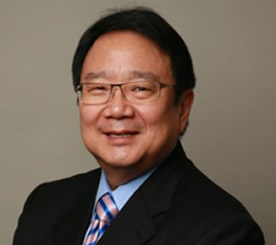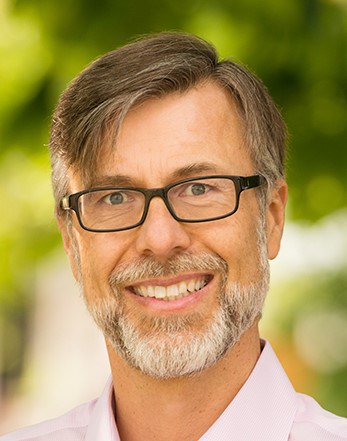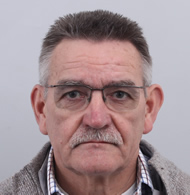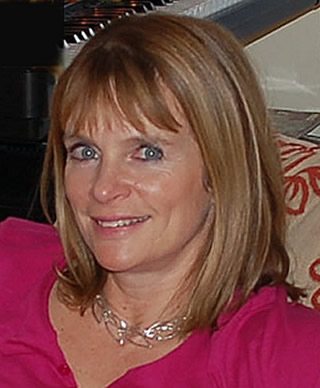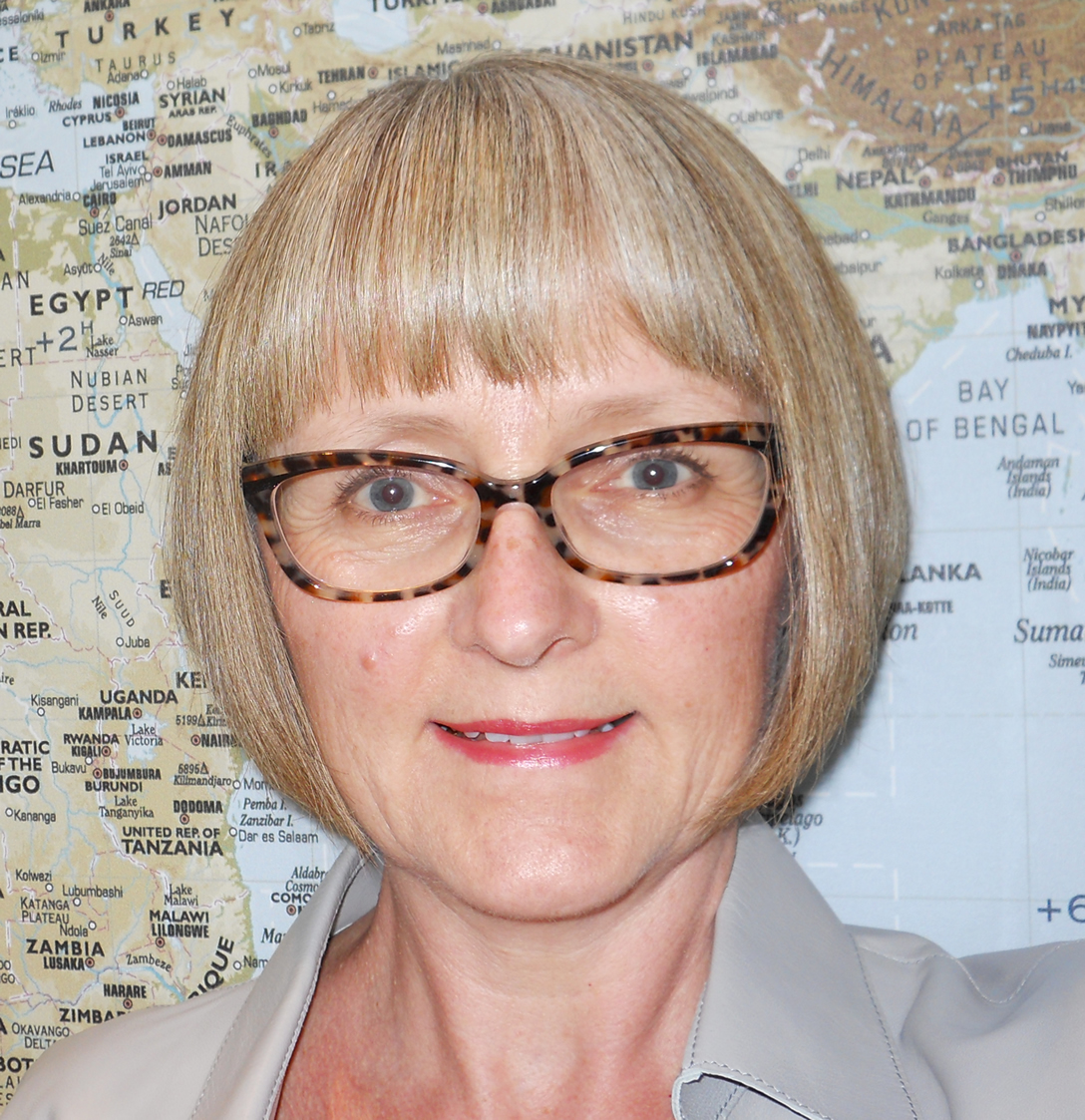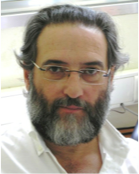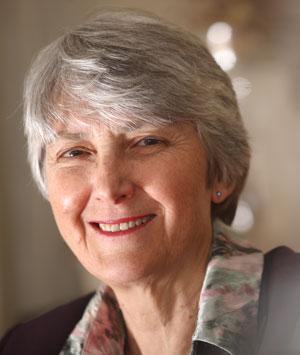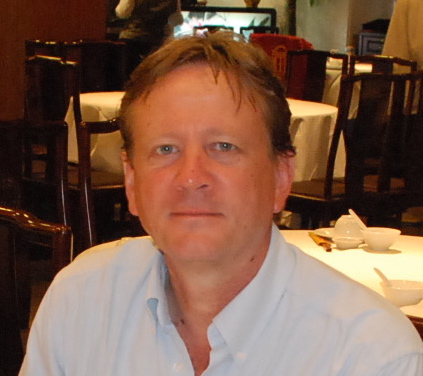Yasuaki Mori
Yasuaki Mori joined Infineon Technologies Japan K.K. as President in November 2000 and is a member of the executive management group. Before joining Infineon, he moved to Japan in 1997 and became the head of sales & marketing for Advanced Micro Devices Japan. Prior to this he was based in Europe and the US in various positions including business development, marketing, lobbying and strategy.
Born in Canada, raised in Switzerland, Yasuaki Mori earned a Bachelor of Science in Electrical Engineering with specialization in digital communications in 1983 and a Masters in International Affairs in 1984 from Columbia University in New York City. He is fluent in English, Japanese and French and also speaks German.
He is member of the Association of Japanese Corporate Executives (Keizai Doyoukai), German Chamber of Commerce, American Chamber of Commerce and ACCJ Growth Strategy Task Force where he contributed to policy papers for the Japanese government.
Yasuaki Mori is a Swiss Board member and a Trustee of GAFFI, UK.
No potential conflicts of interest.
Oddi Aasheim
Chair and Chief Strategy Officer
Oddi Aasheim is the founder and Managing Director of FirstHuman, a company that specialises in the facilitation and implementation of performance breakthroughs and in breakthrough leadership. Prior to FirstHuman, Oddi has been the Commercial Director for JMW Worldwide UK, a Strategy Executive for Accenture and Transformation Manager for Shell UK.
Oddi was born in Norway, but moved to the UK when he did his B.Eng. in Offshore Civil Engineering at Heriot-Watt University. He has remained close to his alma mater and held positions such as Member of the Heriot-Watt Foundation Board, been the President of the London Watt-Club, had a seat at the Watt-Club Council, and sat on the General Convocation. Currently he is also a board member of the Norwegian YWCA in the UK.
Oddi is a Swiss Board member and a Trustee of GAFFI, UK.
There are no conflicts of interest.
Henk den Besten MSc
Henk den Besten is a pharmaceuticals supply chain expert. His current role is with the Partnership for Supply Chain Management, employed by John Snow International. Activities include Strategic Supply Chain and procurement support for SCMS, the PEPFAR supply chain project funded by USAID. Henk has been involved in the setting up of local supply chain solutions using existing private sector supply chains in target countries and recently worked in Tanzania and Ethiopia. He has also been involved in strategic procurement activities, including sourcing of essential drugs, meeting USG quality requirements in India, China and other countries; mapping the supply chain of active pharmaceutical ingredients (API’s) and starting material for pharmaceutical products, in China, India, Korea and other countries.
He has undertaken missions for the World Health Organization, Ministry of Foreign Affairs in The Netherlands, World Bank, Danida, The Global Fund and others. From 1980 – 2005, Henk was Managing Director of IDA Foundation in the Netherlands, the world largest not for profit Essential Medicines Supplier and from 2006-2011 Managing Director of i+Solutions, a consultancy firm aimed at improving access to quality health care services in low and middle income countries, with partners including USAID, WHO/AMDS the Ecumenical Pharmaceutical Network, Johnson & Johnson, Novartis, Unitaid, The Global Fund for AIDS, TB and Malaria, MIT Zaragoza, O3i and RBM.
Donald Cole
Donald Cole (Professor) trained as a physician and practised primary care, public health, occupational health and environmental health in a variety of settings in Canada and lower and middle income countries. After a Masters in Health Research Methods and a residency at McMaster, he qualified as a specialist in Occupational Medicine (1990) and Community Medicine (1992). A Tri-Council Eco-Research fellowship in environmental epidemiology led to research on environmental contaminants, ecosystems, human health and public health responses.
The role of Interim Director of Research at the Institute for Work & Health fostered research on burden of disease, health services, and evaluation of complex interventions for health. With support from the Rockefeller Foundation, CIDA, IDRC and the Bill and Melinda Gates Foundation, he has co-led research on pesticides (surveillance and health impacts), urban agriculture and nutrition in South America and East Africa. He was founding Director of the Collaborative PhD Program in Global Health at the University of Toronto and Co-Chair of the Canadian Coalition for Global Health Research’s Capacity Development Program. He currently teaches and mentors a wide range of young researchers using mixed methods. He contributes research evidence on higher education, research systems development and public health globally.
Jenny Bartholomew
Jenny Bartholomew has been Senior Editor and Writer for the Aspergillus Web educational resources for the past 15 years. She previously worked in Oncology research at Christie's Hospital, Manchester and on Rheumatoid arthritis at Manchester University and as Lecturer at Monash University, Melbourne.
Her expertise encompasses all aspects of fungal diseases working within the University Hospital of South Manchester and also the National Aspergillosis Centre. Jenny launched the LIFE-worldwide website in 2012 and then GAFFI in 2013; she continues her role as communications director and editor in chief for GAFFI as it continues to develop.
Elizabeth Peers
Elizabeth Peers has worked in clinical drug development since 1983, starting at AstraZeneca, initially in respiratory and cardiovascular phase 3/4 development before moving to gastrointestinal (omeprazole). She followed this with 17 years working in small pharma and biotech companies on drug, biologic and device development, in respiratory, renal, oncology, gene therapy, surgery and pain. This work encompassed phase 1,2 and 3 with successful regulatory approvals in Europe and USA. Several projects included re-engineering established drugs for new indications via different routes of delivery.
Elizabeth rejoined big pharma (Sanofi) in 2007, first in Phase 1 and then in a strategic unit for diseases of aging, as a Clinical Expert in Translational Medicine designing decision-making Paths to Proof of Concept for new compounds with novel mechanisms of action. She now offers strategic advice through selected partnerships including The Research Network (TRN) in an independent capacity.
Elizabeth Peers holds a master’s degree in Natural Sciences (Pharmacology) from the University of Cambridge, a doctorate in Physiological Biochemistry from Imperial College London, and a diploma in Company Direction from Loughborough Business School. She has worked in multicultural teams and is well acquainted with differing cultural attitudes and practices, and is fluent in French.
Arnaldo Lopes Colombo MD PhD
Dr Arnaldo Colombo Full Professor at the Division of Infectious Diseases, Escola Paulista de Medicina-UNIFESP and Director of the Special Mycology Laboratory of the same institution. He received his medical degree from the Escola Paulista de Medicina (1983), Federal University of São Paulo, Brazil, where he continued his residency training in Internal Medicine and Infectious Diseases (1984-1986). In 1994 he finished his PhD in Health Science at the Escola Paulista de Medicina-UNIFESP, evaluating antifungal resistance of Candida spp. He completed his fellowship in Medical Mycology at the University of Texas Health Science Centre at San Antonio, Texas, USA for a period of 30 months.
Dr. Colombo has authored and co-authored 200 publications in peer-reviewed journals, accumulating more than 11,000 citations (H index 57) up to march-2018, according to data provided by Google Academic. He has organized several multicentre surveillance studies to characterize the epidemiology of opportunistic fungal infections in Brazil and Latin America, with focus on candidiasis and aspergillosis. He also collaborated with several worldwide programs to detect antifungal resistance to Candida sp. He serves as a consultant on Medical Mycology for several medical centres in Brazil and other Latin American countries.
Of note, he was the Vice-Chancellor of Graduate Students and Research of the Federal University of São Paulo between 2009 and 2012. He served as a senior consultant from CAPES for more than 20 years and had the opportunity to coordinate all Professional Science Master’s Degree related to the division of MEDICINE II-CAPES. Currently, Dr Colombo is a Senior Advisor for the Global Action Fund for Fungal Infections (GAFFI, 2013 - present) and for Leading International Fungal Education (LIFE, 2013-present), as we as part of the International Council Member of the International Immunocompromised Host Society (2016-present).
Juan Luis Rodríguez Tudela MD PhD
Interim CEO and Director for LatAm Programmes
Juan Luis Rodríguez Tudela MD PhD was born in Madrid in 1958. He gained his MD from Complutense University of Madrid. He is a Specialist in Clinical Microbiology and studied for his PhD at the Autonomous University de Madrid.
Juan Luis was the founder of the medical Mycology Reference Laboratory of Spain at the National Centre for Microbiology of Instituto de Salud Carlos III. He served as Director National Centre for Microbiology of Instituto de Salud Carlos III from 2000 to 2003. His last position at National Centre for Microbiology of Instituto de Salud Carlos III was as Director of the Department of Bacteriology, Mycology and Parasitology. He has run a variety of research projects and scientific activities focused on fungal infections afflicting humans, early diagnosis of invasive fungal infections, standardization of antifungal susceptibility testing, resistance mechanisms, and taxonomy of fungal species.
Juan Luis has published over 230 original articles
Juan Luis has served as member of several international associations, ex-Chairman of the Steering Committee of the Antifungal Subcommittee of Antifungal Susceptibility Testing of the European Committee of Antimicrobial Susceptibility Testing (AFST-EUCAST) and advisor of the PAHO on the Antifungal Resistance Surveillance Network in Latin-America. He or members of its laboratory have run several workshops focused in diagnosis and resistance detection of fungi in different countries of American continent as Argentina, Brazil, Chile, Colombia, Cuba, and Mexico.
Juan Luis is a minority shareholder in next Level Diagnostics (Ukraine) and sits on the Board of 2 charitable foundations.
Tania Sorrell MD PhD
Dr Tania Sorrell has longstanding interests in prevention, diagnosis and treatment of Infectious Diseases, especially in immune-compromised hosts, and in the emergence of resistant microorganisms. Her research into the serious fungal infection, cryptococcosis, has provided new insights into host-microbial interactions and resulted in a new antifungal drug development program. She has developed new diagnostics for fungal diseases, led national studies of the epidemiology of invasive fungal infections and is/has been a member of international committees developing guidelines for antifungal therapy. She has served/serves on state and national advisory committees in Infectious Diseases, approval of therapeutic agents and both the Research and Human Ethics Committees of the National Health and Medical Research Council of Australia.
Tom Harrison MB BS MPH MD FRCP
Tom's initial research training was in the laboratory of Professor Stuart Levitz in Boston, where he worked on immune responses to Cryptococcus neoformans, a common cause of meningitis in immunocompromised patients, especially those infected with HIV. His clinical research training was through the programmes in Clinical Effectiveness and International Health at Harvard Medical School. On returning to the UK, clinical trial work was developed first in Thailand, and subsequently in Africa. In the first study of its kind, by measuring the rate of clearance of infection from the cerebrospinal fluid, the fungicidal activities of different drug treatments for cryptococcal meningitis were directly compared. The technique was shown to be much more powerful than prior markers of response, opening the way for more rapid assessment of novel treatments. Follow up trials have been completed in Cape Town, Uganda and Malawi; and he heads a large phase III trial recently funded by the UK Medical Research Council. Associated laboratory projects are examining the effects of other pathogen and host factors on the outcome of infection. The feasibility of preventing of cryptococcal meningitis through screening for sub-clinical infection and pre-emptive therapy has been demonstrated, and a novel point-of-care test for immunodiagnosis developed with collaborators to aid screening. With colleagues in the InterTB Group at St George’s Hospital, Tom lead phase II and III trials of chemotherapy for tuberculosis including novel methods for rapid and reliable testing for drug sensitivity of tuberculosis isolates are being developed.
Dr Tom Harrison is an expert panel member for cryptococcal guidelines for the World Health Organisation, the Infectious Diseases Society of America and the Southern African HIV Clinicians Society and a member of the MRC College of Experts. He is also an advisor to the Health Services and the Public Health Research Board and recipient of several awards and fellowships.
